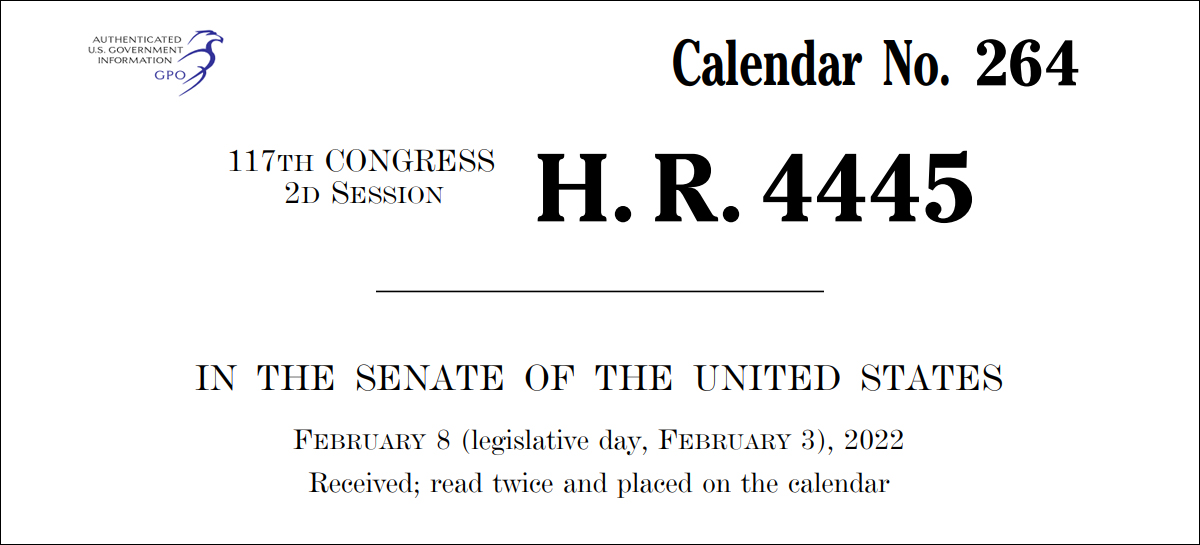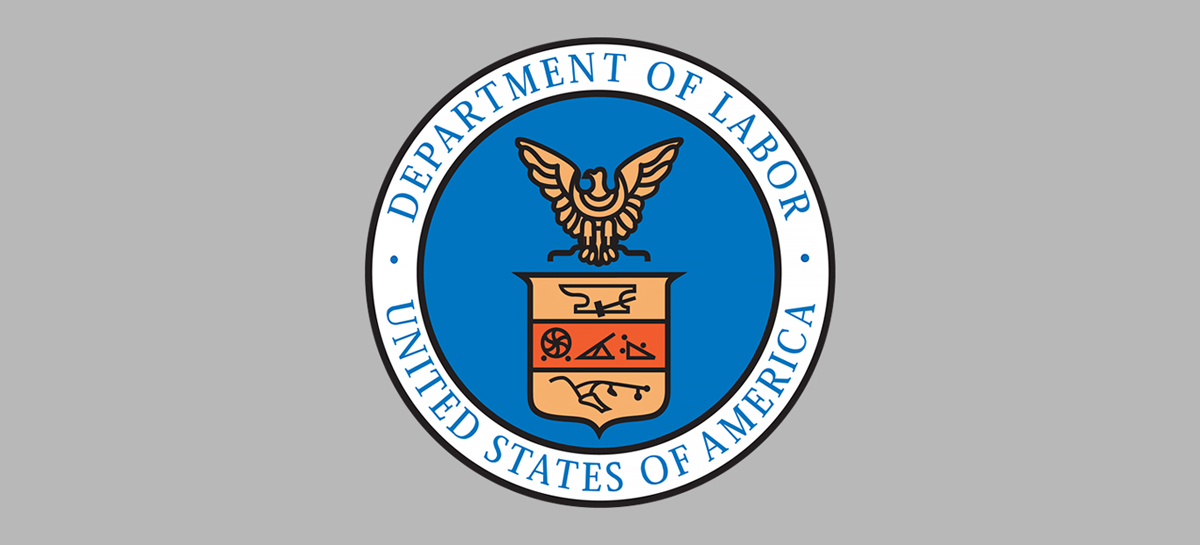
On March 3, 2022, U.S. President Joe Biden signed the Ending Forced Arbitration of Sexual Assault and Sexual Harassment Act into law. Effective immediately, the new law prohibits employers from requiring employees to resolve claims of workplace sexual harassment or assault through arbitration or other alternatives to court litigation, or to waive them in advance.
Ending Forced Arbitration Act – Under the new law, an employer may not enforce a pre-dispute arbitration agreement or pre-dispute joint-action waiver against a person who files a case alleging sexual harassment or sexual assault in a federal, state or tribal court. An individual making a claim of sexual harassment or assault may choose to participate in arbitration or other litigation alternatives, but may not be required to do so.



 As counties and states across the nation drop their mask mandates, Americans are at odds over whether the decision to un-mask is safe or not.
As counties and states across the nation drop their mask mandates, Americans are at odds over whether the decision to un-mask is safe or not. Earlier this year CNN President Jeff Zucker was forced to resign from his position due to a consensual relationship he had with a junior employee. Zucker and his employee didn’t disclose their relationship, which apparently continued on for many years, until the long-kept secret finally came to light.
Earlier this year CNN President Jeff Zucker was forced to resign from his position due to a consensual relationship he had with a junior employee. Zucker and his employee didn’t disclose their relationship, which apparently continued on for many years, until the long-kept secret finally came to light.
